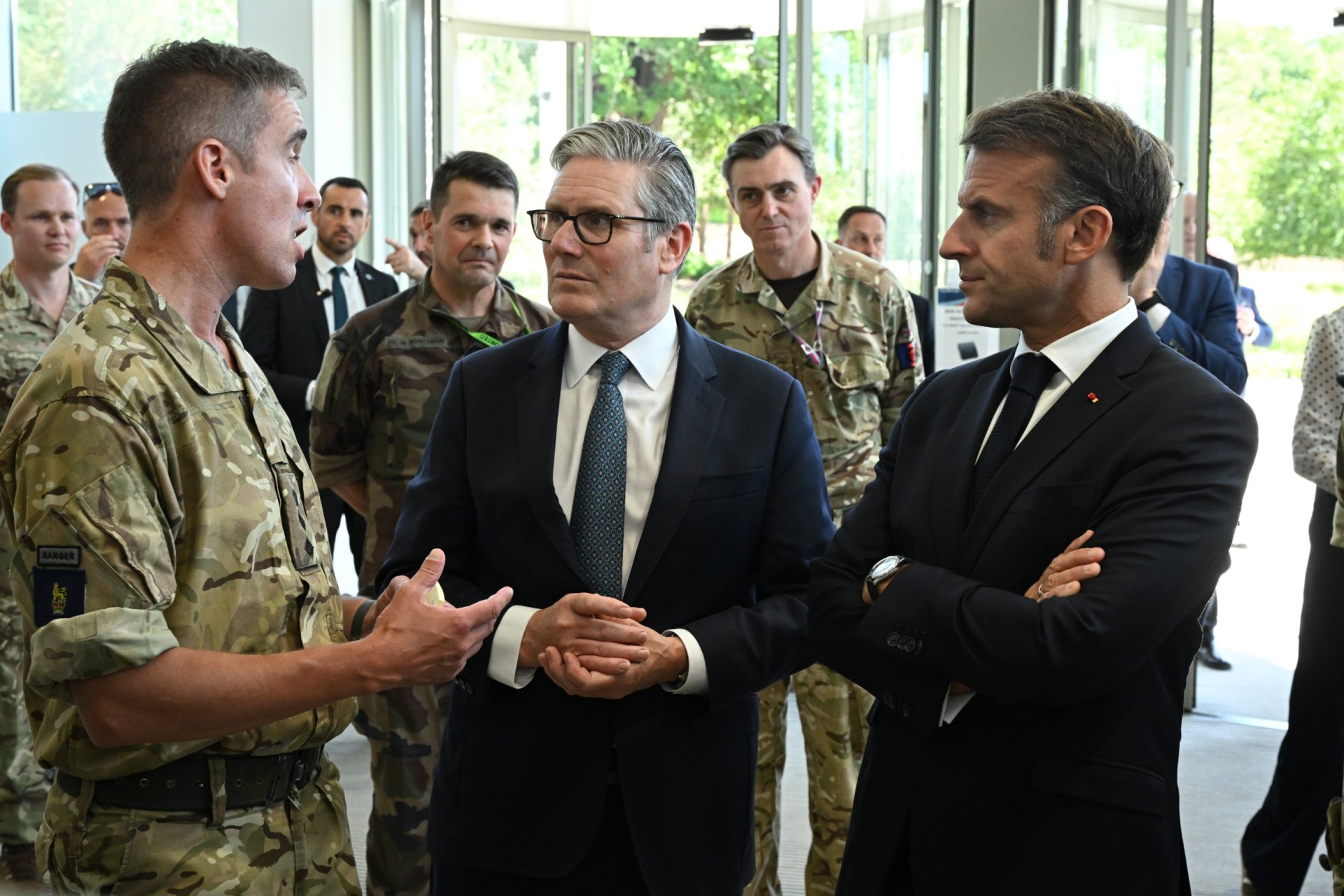UK’s New Approach to Migrant Crossings
Prime Minister Sir Keir Starmer has announced a new strategy aimed at addressing the growing number of migrants arriving in the UK via small boats. According to the latest developments, these individuals are expected to be sent back to France within weeks. This decision was made during a press conference held in north London, where Starmer revealed the details of a groundbreaking agreement with French President Emmanuel Macron.
Starmer emphasized that while there is no simple solution to the issue, a collaborative effort and innovative tactics could change the situation. He stated, “There is no silver bullet here, but with a united effort, new tactics and a new level of intent, we can finally turn the tables.” The agreement includes a pilot program that will see migrants arriving via small boats detained and returned to France promptly.
This initiative aims to deter others from attempting the dangerous journey by making it clear that such efforts will be in vain. In exchange for every return, a different individual will be allowed to enter the UK through a safe and legal route, subject to strict security checks. This approach is intended to show potential migrants that their efforts may not result in permanent residency.
The deal involves a careful balance, ensuring that for every small-boat migrant sent back, an asylum seeker with a genuine connection to the UK will be brought over. Although this initially means no change in the number of people arriving in the UK, the hope is that the deterrent effect will reduce the number of attempts to cross the Channel.
According to reports, the plan will start on a small scale, with approximately 50 migrants being swapped each week. This figure would mean only a fraction of small boat arrivals would be returned under the deal. So far in 2025, over 21,000 people have crossed the English Channel from France, marking the highest number ever recorded for this time of the year.
If the “50 per week” figure proves accurate, only one in 17 migrants arriving in the UK would be returned. Starmer described the model as “groundbreaking because it breaks the model” and indicated that it would be scaled up after the pilot phase.
When asked about the selection process for the 50 individuals, the Prime Minister declined to provide specifics, stating that doing so could undermine the operation’s effectiveness.
The ‘one in, one out’ approach has faced criticism from several EU countries, including Italy, Spain, and Greece. These nations are concerned that the policy could lead to them having to accept individuals who have been returned to the continent. Meanwhile, Macron has called on the UK to address the ‘pull factors’ that encourage migrants to attempt the perilous sea crossing.
Starmer has moved away from previous Conservative plans to send migrants to Rwanda, instead focusing on dismantling the gangs that facilitate illegal crossings. In his first year in office, he has announced several agreements with countries like Vietnam and Albania to tackle irregular migration.
Despite these efforts, the rising number of arrivals suggests that the current strategies have yet to yield significant results. Macron attributed the situation in the Channel to Brexit, arguing that those who campaigned for it misled the British public by claiming the problem lies with Europe.
As the UK continues to navigate this complex issue, the new approach represents a shift in strategy, aiming to create a more sustainable and effective system for managing migration.







